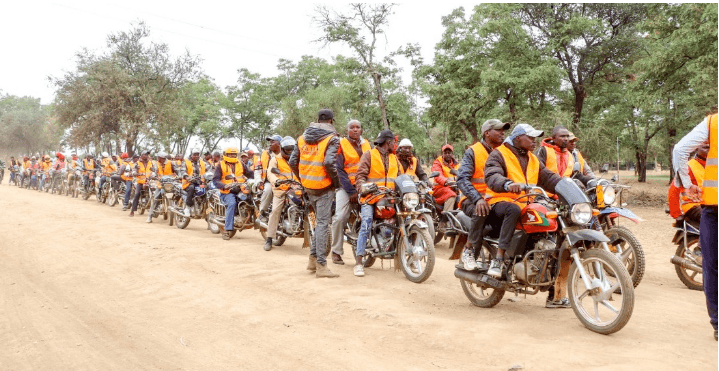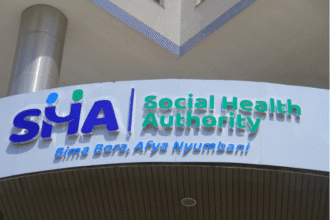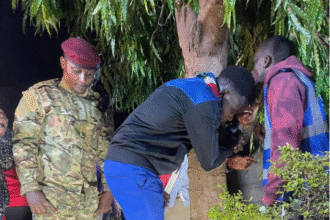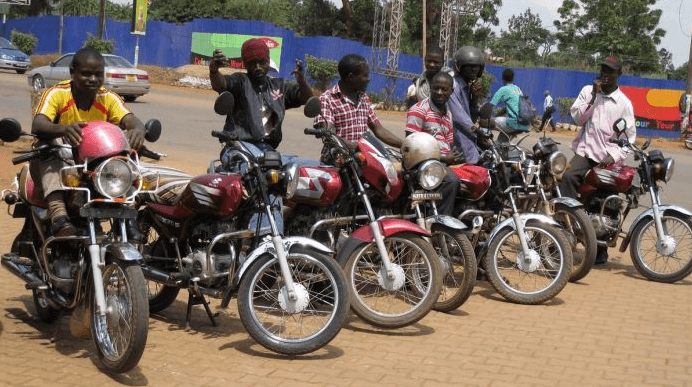
Kenya’s boda boda sector is facing a major transformation as the government rolls out strict new reforms aimed at restoring order, accountability, and safety on the roads.
From mandatory uniforms to fresh registration, these reforms are expected to create a more professional and traceable industry—one that has, in recent months, come under sharp criticism for its links to crime and mob justice.
What’s Changing?
Under the new measures, every boda boda rider across the country will be required to:
- Under the new measures, every boda boda rider across the country will be required to:
- Wear a uniform that identifies their sub-county and stage of operation
- Register afresh with updated personal, geographic, and professional details
- Join a registered SACCO (group) and operate under a recognized stage
- Display a unique registration number in addition to the NTSA plate
Each county will have its own registration, including sub-county and stage. If a motorbike commits an offence in Mombasa, we will know it’s from Nairobi, and from which part of Nairobi
Fredrick Ochieng, AIG Police CommanderUniforms to Match Operating Areas
To make riders easily identifiable, the government has introduced color-coded uniforms based on location, so each sub-county will have its own distinct uniform color and the uniforms will carry identification tags indicating stage, sub-county, and county. With the tight rules being in place, riders without uniforms will not be allowed to operate. This is aimed at curbing criminal activities by enhancing traceability and accountability.
Stage Chairmen to Be Held Responsible
In a bold move, the government now requires every boda boda stage to appoint a chairman. These chairmen will serve as the first point of contact between law enforcement and riders and will be personally held accountable if crimes occur under their watch.
Key Requirements for Registration
Before a rider can be allowed to operate under the new system, they must meet the following conditions:
- Valid boda boda driving license
- Certificate of good conduct
- Motor insurance
- Two helmets – one for the rider, one for the passenger
- Membership in a registered SACCO
- Compliance with NTSA requirements
Why the Reforms Now?
These changes come in the wake of increased criminal activity linked to boda boda riders, including mob justice incidents, where riders torch vehicles after accidents, theft and robbery, especially in urban areas and concerns about unregistered, anonymous riders escaping justice
How do you burn someone’s vehicle because one boda boda rider was hit? There is no solidarity in law. Law is for individuals
George Seda, Nairobi Regional Police CommanderThe government hopes that through these reforms, only qualified, law-abiding riders will remain in the industry.
Government & Boda Boda Association Join Forces
The reforms follow a signed agreement between the government and the Boda Boda Association of Kenya, signaling a unified approach to clean up the sector. President of the Boda Boda Safety Association of Kenya Kevin Mubadi emphasized that the reforms are not about punishment, but about protecting riders, passengers, and public safety.
Conclusion
With over 1.5 million boda boda operators in Kenya, the sector is critical to daily transport and employment. But without regulation, it risks becoming a public safety threat. These reforms could mark the beginning of a safer, more organized and professional industry—if well implemented.





